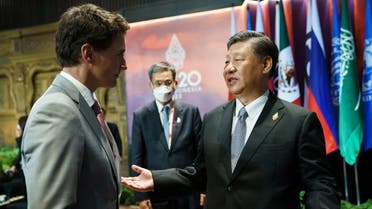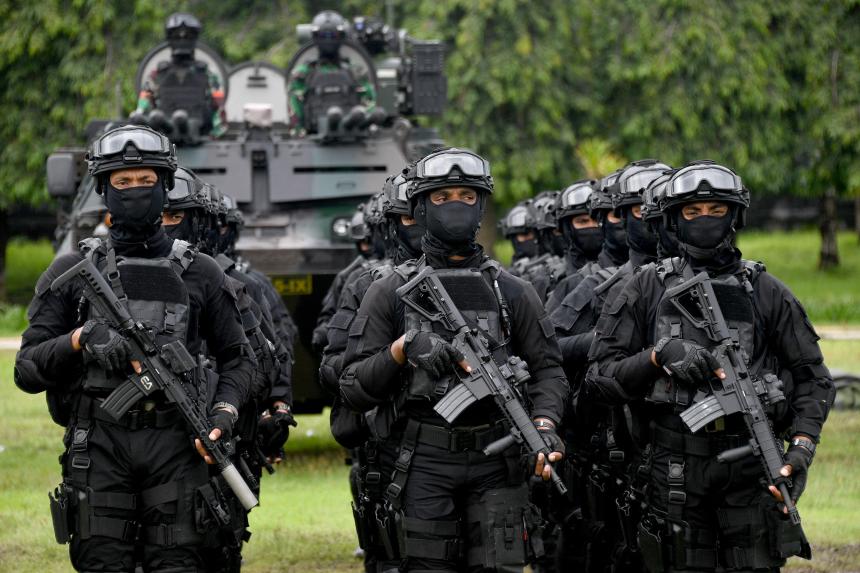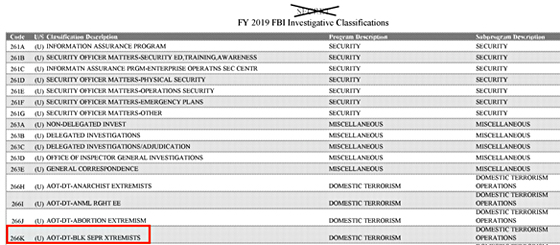Israeli Troops Kill Several Palestinians during Clashes in West Bank
Israeli troops shot dead several Palestinians, among them two brothers, during clashes in separate incidents in the occupied West Bank Tuesday.

The Palestinian Ministry of Health said in a press statement that a 22-year-old Palestinian named Jawad Al-Rimawi, and Zafer, his 21-year-old brother, were killed after they were shot by Israeli soldiers near the village of Kafr Ein northwest of the West Bank city of Ramallah.
The two brothers were critically wounded first and were taken to the Salfit Hospital, the statement said. They then succumbed to their wounds.
Another Palestinian man fell victim to Israeli violence in the occupied West Bank on Tuesday. Israeli regime forces shot dead the man in an alleged car ramming near Ramallah.
The killings came only a few hours after Israeli troops shot dead another Palestinian, named Mufeed Mohammad Ikhlil, during confrontations in Beit Ummar town, located eleven kilometers northwest of al-Khalil.
The 44-year-old was shot in the head and died as Israeli soldiers and stone-throwing Palestinians engaged in skirmishes.
Nine others were shot by live bullets as well. One was hit in the chest while the rest were struck in the upper and lower parts of their bodies. They were taken to nearby hospitals, and are said to be in stable condition.
The Palestinian Hamas resistance movement has strongly denounced the deaths of the three Palestinians on Tuesday, including the two brothers, during Israeli military raids across the West Bank, stating that the Tel Aviv regime’s crimes will be met with an upsurge in retaliatory attacks and acts of resistance.
Hazem Qassem, a spokesman for the Gaza-based group, said the occupying Israeli regime is desperately seeking to suffocate the legitimate struggle of the Palestinian nation to recover their land and enjoy freedom by means of killings and assassinations.
He stressed that the blood of martyrs will fuel the Palestinian nation’s ongoing popular uprising against the Israeli occupation.
Israeli forces have recently been conducting overnight raids and killings in the northern occupied West Bank, mainly in the cities of Jenin and Nablus, where new groups of Palestinian resistance fighters have been formed.
Since the start of 2022, Israeli troops have killed more than 200 Palestinians, including more than 50 children, in the occupied West Bank and East al-Quds as well as the besieged Gaza Strip.
According to the United Nations, the number of Palestinians killed by Israel in the occupied West Bank this year is the highest in 16 years.
Local and international rights groups have condemned Israel’s excessive use of force and “shoot-to-kill policy” against Palestinians.

The Palestinian child had been wounded when the Israeli regime police shot him on November 1, 2022.
The news comes as atrocities by the Zionists have increased against the Palestinian citizens in the Occupied West Bank and al-Quds.
5 Palestinians were martyred by the Zionist forces just yesterday.









:quality(70)/cloudfront-eu-central-1.images.arcpublishing.com/thenational/HLD5N24MHKFE4W7IAC46C65CVI.jpg)
:quality(70)/cloudfront-eu-central-1.images.arcpublishing.com/thenational/Q7WJAOLLPFRJMSIR4CJPDQDYOA.jpg)
:quality(70)/cloudfront-eu-central-1.images.arcpublishing.com/thenational/FTN5OPZCBF5L5AW5RTW3YAEPVI.jpg)
:quality(70)/cloudfront-eu-central-1.images.arcpublishing.com/thenational/2IRKA652KC7WQZHIXKGIFXD7TE.jpg)
:quality(70)/cloudfront-eu-central-1.images.arcpublishing.com/thenational/BM3ULT4PAI6ZHOBAJ2M3L5NOLI.jpg)
:quality(70)/cloudfront-eu-central-1.images.arcpublishing.com/thenational/OTS4FMZMU4YJIYR5TQJTLG5SCQ.jpg)
:quality(70)/cloudfront-eu-central-1.images.arcpublishing.com/thenational/3CBCSEENWDHWTQGN3WAEJVTM2U.jpg)
:quality(70)/cloudfront-eu-central-1.images.arcpublishing.com/thenational/SAVMRPFYIQ645DUVCXI4UUJBRU.jpg)
:quality(70)/cloudfront-eu-central-1.images.arcpublishing.com/thenational/ZCB6MSMVGHYADVNVVNALUR6XCY.jpg)
:quality(70)/cloudfront-eu-central-1.images.arcpublishing.com/thenational/EX4J7AIXN3QQIOU7FEHF6YW2M4.jpg)
:quality(70)/cloudfront-eu-central-1.images.arcpublishing.com/thenational/NAI6Q3YNEY64RV5MCGDTTPFEDA.jpg)
:quality(70)/cloudfront-eu-central-1.images.arcpublishing.com/thenational/CTAK75B2WKPFRYM56ASIARFHYQ.jpg)
:quality(70)/cloudfront-eu-central-1.images.arcpublishing.com/thenational/LZYAVDXJKC2DF3XP4DMSMT7LQU.jpg)


